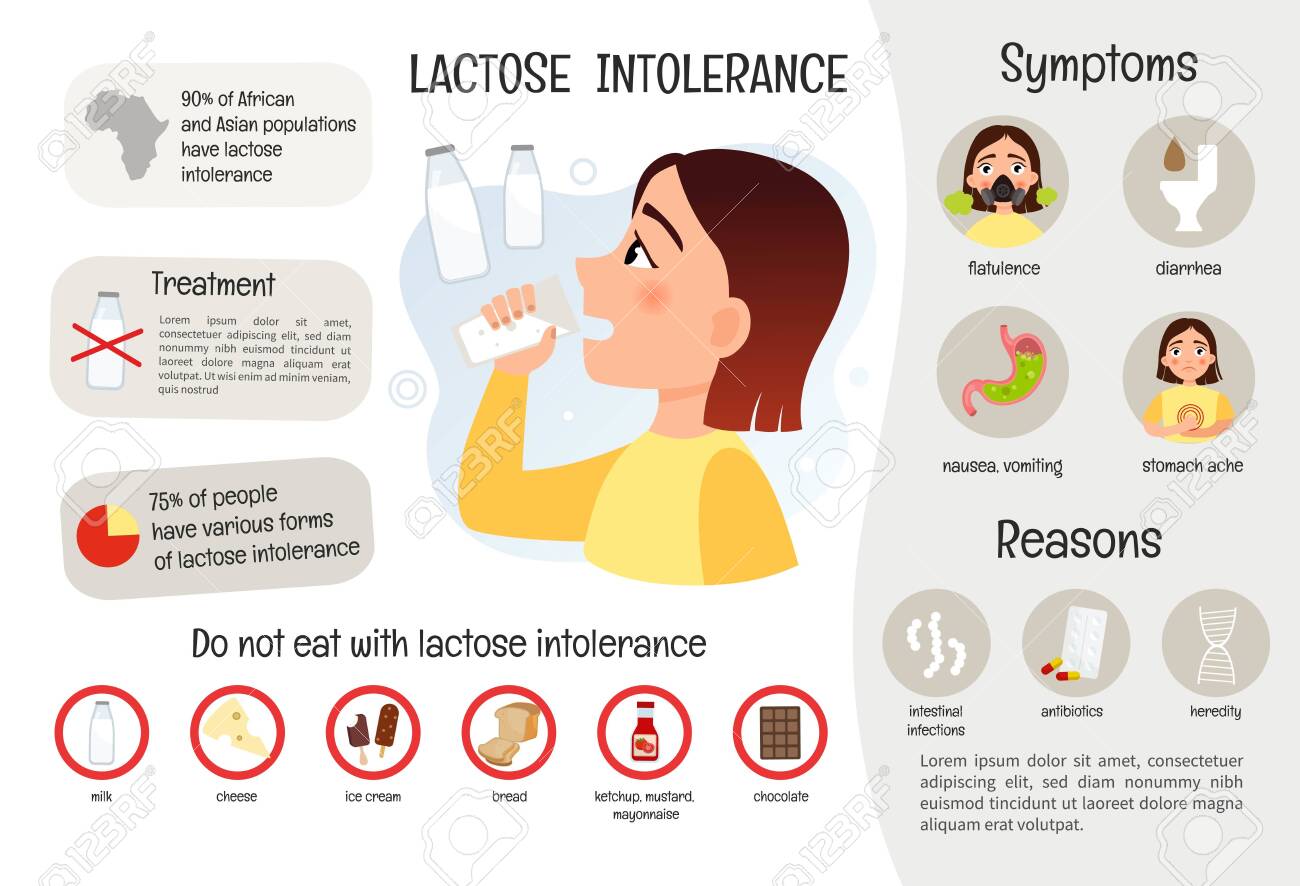The “milk” discussion is quite heated & controversial. With a lot of information travelling around about milk, you find it hard to choose which information is correct. We must have heard lot of things like:
Milk is good for healthy bones
We are not calves so we should not drink cow’s milk
Milk is a deadly poison
Skimmed milk is high in sugar
You should switch to coconut milk
Raw Cow’s milk is good
Let us discuss in detail what form should we choose to consume when it comes to milk
- Raw Milk: It refers to any animal milk which has not been pasteurized. Pasteurization is the process of heating milk to destroy all harmful bacteria including those that cause tuberculosis, typhoid fever, Q fever & diphtheria (to name a few). The risk of getting foodborne illness is ~150 times more for raw dairy as compared to pasteurized milk. The trend of consuming more raw milk has been increasing though it has been banned in many countries. Why has the consumption of raw milk increased in spite of the fact that it negatively impacts our health? What is the reality?
- Pasteurized milk kills harmful bacteria present in the milk
- Raw Milk is not able to kill harmful bacteria on its own
- Pasteurized milk does not result in dairy allergies & lactose intolerance. If you are lactose intolerant you will observe symptoms by consuming both raw & pasteurized milk
- Just because it is a pasteurized milk, it does not mean that you can leave the milk outside for a longer period of time.
- How about skimmed milk? Cow milk is full of nutrients without any need to get it fortified. Natural milk is recommended by many countries & is put forward as a healthier dairy option. Consumption of such healthier options reduces risk of heart diseases, osteoporosis & various types of cancers. It is claimed that low fat milk such as skimmed milk is full of sugar. The difference between cow pasteurized milk & skimmed milk is the fat content. The change in macronutrient composition & impact overall calorie content. This alters the taste & makes skimmed milk less creamy. The sugar content in the milk is relatively equal and is made up of lactose which is naturally occurring sugar in the milk. The issue lies in information provided on the labels which do not show difference between naturally occurring sugar & added sugar. As such skimmed milk does not increase your sugar intake.
- Soy Milk: Soy milk has a very similar nutritional composition when compared to cow milk. It is low in saturated fats & is high in unsaturated fat (considered as healthy fats). Regular intake of soy milk can help you reduce triglycerides & bad cholesterol while increasing good cholesterol level. To leverage the benefits of consuming soy milk, get the one that is fortified with calcium & vitamin D. This is a great alternative for lactose intolerant people & vegans.
- Nutty & Seed Milk: There are a lot of nuts & seeds milk like almond, cashew, hazelnut, walnut, peanuts & flax to choose from. All these are very low in calories & protein when compared to cow’s milk which contains 8 grams of protein per 250 ml milk. You would need to consume a lot more nutty & seed milk to get the same nutrition you get from Cow’s milk. For instance, if you prefer Almond Milk, you need to consume at least 2000 ml to get same amount of protein as you would get from 250 ml of cow milk
- Coconut Milk: Of late, people have been recommending consumption of coconut milk. As compared to cow’s milk that contains 5 grams of saturated fat, 250 ml of coconut milk contains 53 grams of saturated fat. It is evident that saturated fat should not be consumed in excess. The primary acid found in coconut milk is lauric acid, a medium chain fatty acid (MCFA) that acts as long chain fatty acid in our body. MCFA are absorbed much faster as compared to LCFA. The longer the absorption, the high risk of attracting heart diseases & high LDL. Therefore coconut milk should be consumed in moderation.
Rice milk, pea milk & potato milk are new additions to milk alternatives. Potato milk is gluten free & starchy. It is much less in calories when compared to cow’s milk but has 1.5 times the carbs than cow’s milk. It is deficient in protein & fat. Rice milk is a great alternative for those suffering from a lot of allergies. It is low in calories but has twice the carbs as compared to cow’s milk.
Discover your personal traits with our genetic based personalised fitness program. We use genetic insights to find your genetic predisposition to lactose intolerance & saturated fat sensitivity which can help you evaluate which form of milk aligns with your genetic code.
Whether you are a busy professional or a homemaker, by subscribing to our Transformation, Get that X-factor or Get Toned personalised fitness programs, you will not only receive information about genetic response to various aspects of nutrition & fitness but also you’ll be coached by an international fitness coach who will cover both genetic powered nutrition & exercise aspects of the program. Sign up here.


Leave a Reply